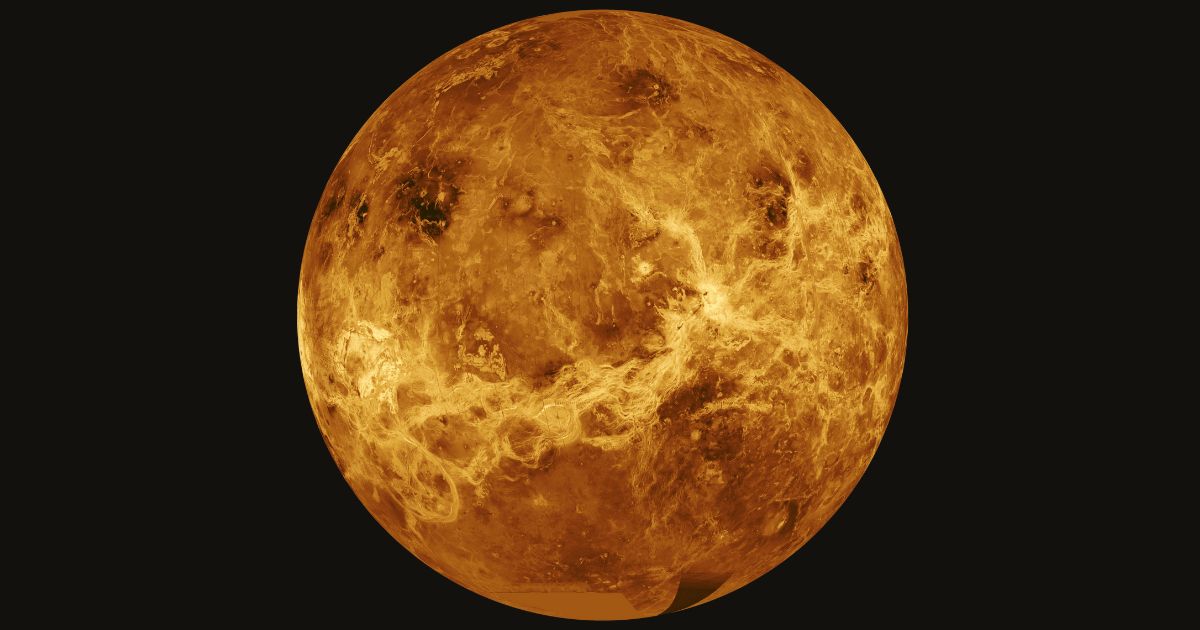India to explore Venus for better understanding of planetary geology
20 Sep 2024

A meeting of the union cabinet chaired by Prime Minister Narendra Modi on Wednesday approved a mission to explote planet Venus and the development of a spacecraft for the mission, involving an expenditure of over Rs1,236 crore.
Development of the Venus Orbiter Mission (VOM) is a significant step towards achieving the government’s vision of expanding the country’s ability for exploring planets and the universe beyond the Moon and Mars, says a cabinet release.
Venus is the closest planet to Earth and offers a unique opportunity to understand the diversity of planetary environments, even as they formed in similar conditions, the release noted.
The Department of Space has been tasked with the ‘Venus Orbiter Mission’, with the plan to place a scientific spacecraft in the orbit of Venus to study the Venusian surface and subsurface. It will also study atmospheric processes and the influence of Sun on the planet’s atmosphere.
The mission aims at studying the underlying causes of transformation of Venus, which is believed to have been once habitable like Earth.
Indian Space Research Organisation (Isro) will undertake the entire project from development of the spacecraft to its launch and monitoring its functioning. Scientific data generated from the mission will be disseminated among the scientific community.
The mission is slated for launch in March 2028. The development of the spacecraft and launch vehicle will see active participation of various industries and will generate large employment opportunities.
Of the total Rs1,236 crore allocation for the Venus Orbiter Mission, Rs824 crore will go for the development of the spacecraft, which include its specific payloads, global ground station support, navigation and network and the launch vehicle.
Besides generating huge scientific data, the VOM will help India build capacity for larger future space missions. It will also give academia and the industry an opportunity to train students and manpower in space technology.


















